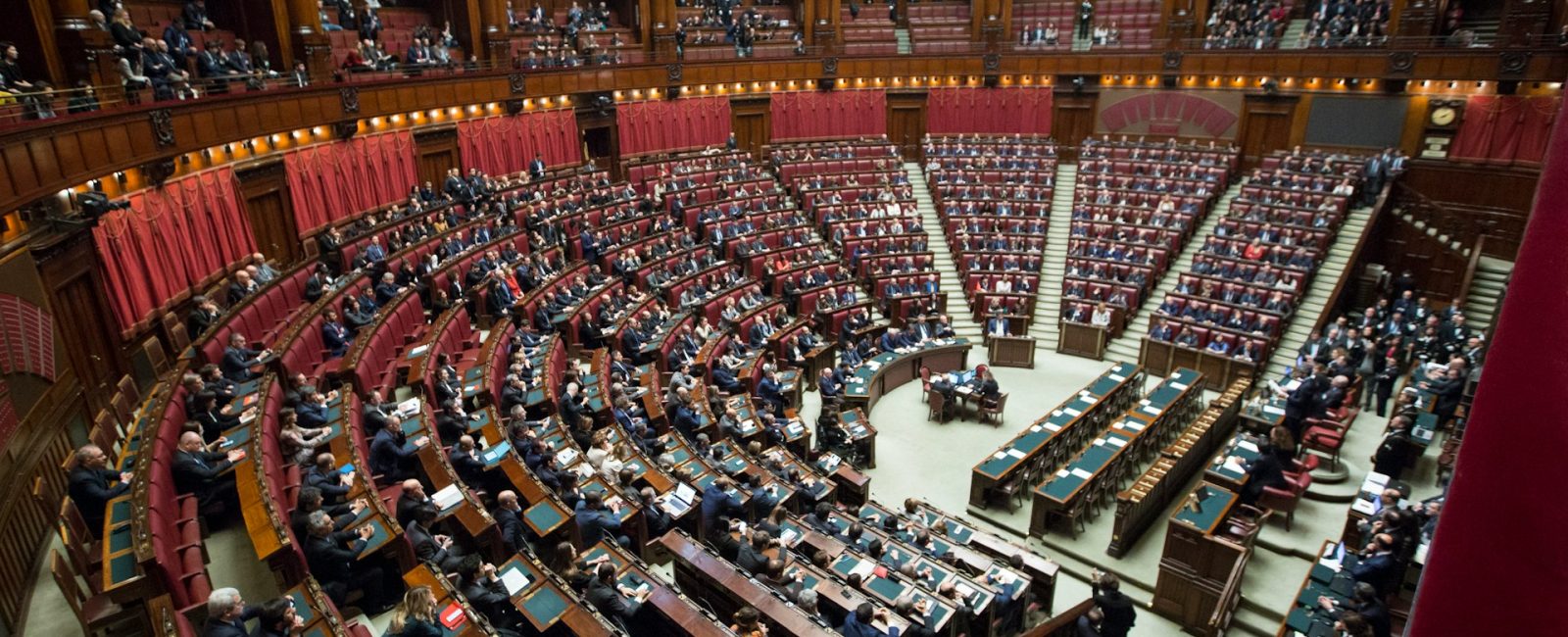
Introduction
In 2025, politics is no longer confined to parliamentary halls and campaign rallies — it lives on our screens, in our communities, and increasingly, in our algorithms. From global shifts in leadership to the growing power of digital activism, the political landscape is evolving fast. As societies grapple with economic uncertainty, environmental crises, and social divisions, the need for transparent, inclusive, and accountable governance has never been greater.
This article explores the key political trends shaping our world in 2025 and how citizens, governments, and technology are redefining what power looks like in the modern era.
🌐 1. Digital Politics: Social Media as a Political Battleground
Social media platforms have transformed from communication tools into political arenas where narratives are shaped, challenged, and sometimes manipulated.
Trends in Digital Politics:
- Political influencers and digital campaigns replacing traditional media
- Hashtag movements like #ClimateJustice and #FreeSpeech gaining momentum
- Increased scrutiny over misinformation and bot-driven content
- Governments partnering with tech firms to regulate harmful content
Insight: In today’s world, a tweet can influence policy, spark protests, or even impact global diplomacy.
🗳️ 2. Voter Engagement & Youth Participation
Young people are no longer just future voters — they are active political participants demanding real change today. From climate action to gender rights, Gen Z is influencing policy through both online platforms and boots-on-the-ground activism.
Key Shifts:
- Increased voter registration among youth
- Use of apps and online platforms for civic education
- Youth-led lobbying and protest movements
- A demand for authenticity and accountability from leaders
The voice of the next generation is loud, informed, and unwilling to be ignored.
🌍 3. Global Politics: Shifting Alliances and Emerging Powers
In 2025, geo politics is marked by fluid alliances, economic rivalries, and soft power influence. While traditional superpowers still hold sway, emerging nations are asserting themselves with strong regional leadership and strategic diplomacy.
Geopolitical Developments:
- The rise of multilateral agreements over unilateral decisions
- Asia and Africa gaining more influence in global trade and climate talks
- Tensions around cybersecurity, space exploration, and resource control
- Continued debate over immigration, borders, and national security
Power is no longer defined solely by military strength, but by innovation, diplomacy, and influence.
⚖️ 4. The Fight for Transparency and Accountability
In an era of increasing political polarization, trust in institutions is under strain. Citizens worldwide are demanding more transparency, fewer empty promises, and real consequences for corruption.
Notable Trends:
- Use of blockchain for voting and public record-keeping
- Whistleblower protection laws gaining momentum
- Public pressure leading to resignations and reform
- Civic tech platforms tracking politician performance
When people are empowered with tools and information, democracy strengthens.
🌱 5. Politics Meets Climate Change
Climate change is no longer just a scientific or environmental issue — it’s now one of the most urgent political challenges facing governments worldwide.
Political Climate Shifts:
- Climate policies central to election platforms
- Green parties gaining ground in parliaments
- Global negotiations on emissions, green tech, and sustainability funding
- Pushback from fossil fuel lobbies vs. clean energy advocates
How nations handle the climate crisis may define their legacy for decades.
🧠 6. The Role of Artificial Intelligence in Governance
AI and data analytics are transforming how policies are created, analyzed, and implemented. But they also raise serious ethical and privacy concerns.
AI in Politics:
- Predictive analytics for social planning and crisis response
- AI-written policy drafts and automated decision tools
- Facial recognition in law enforcement vs. privacy debates
- Concerns over algorithmic bias in political messaging
Smart governance must balance efficiency with ethics.
🧭 Conclusion: Politics at a Crossroads
Politics in 2025 is a complex blend of people, power, technology, and purpose. Citizens are more informed, leaders are more exposed, and the systems of governance are under constant scrutiny and pressure to evolve.
As we move forward, the most effective political systems will be those that listen deeply, adapt quickly, and serve inclusively. The future of politics isn’t just about who holds office — it’s about how that power is used, shared, and held accountable.












